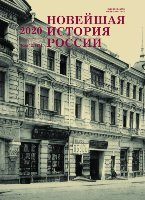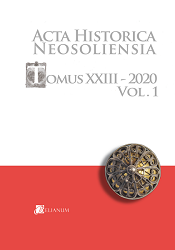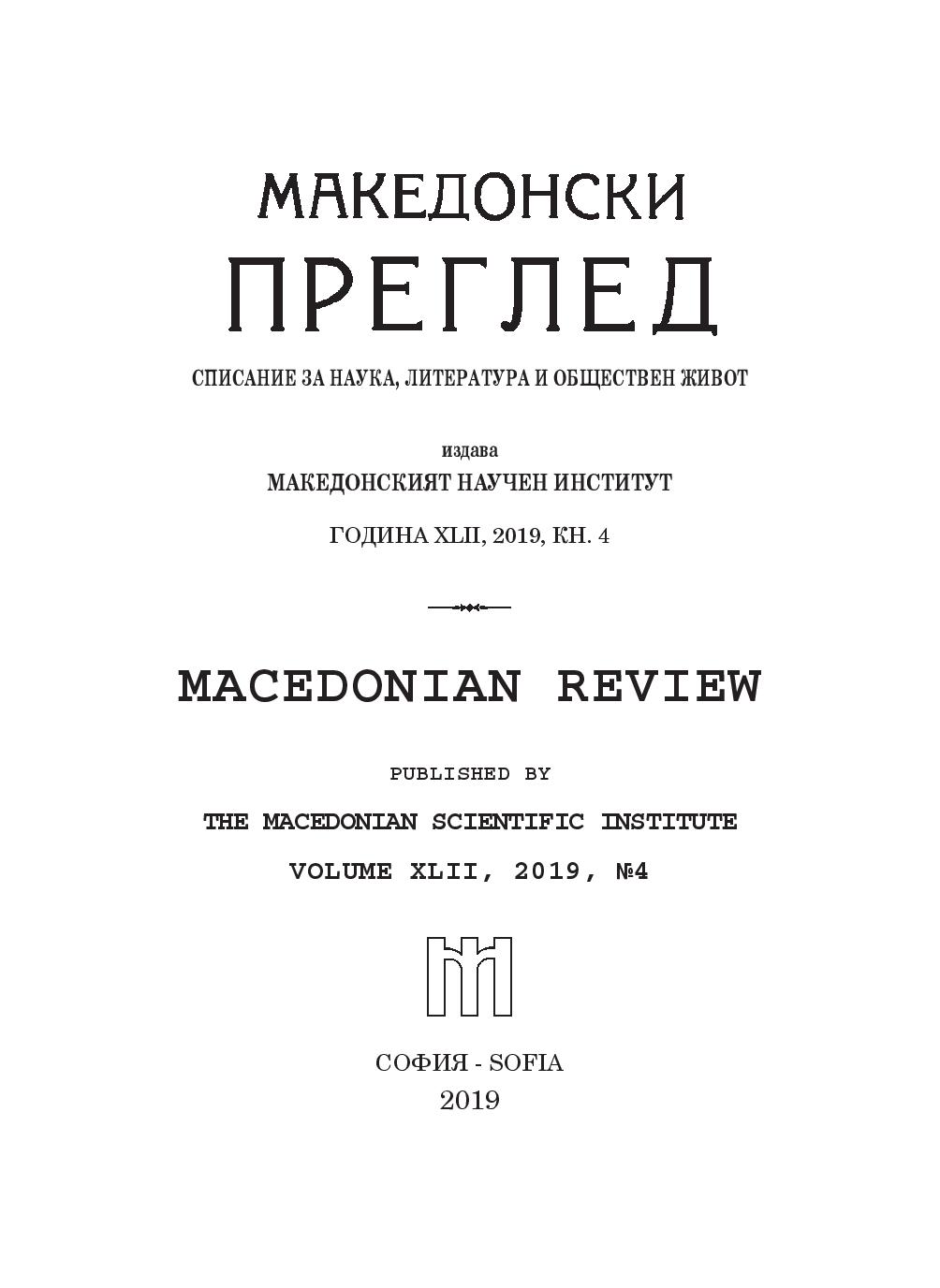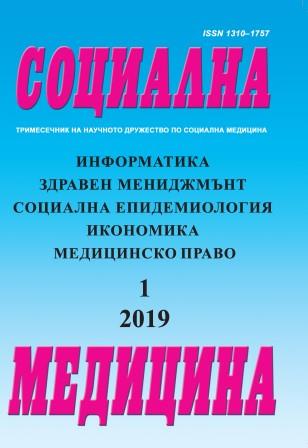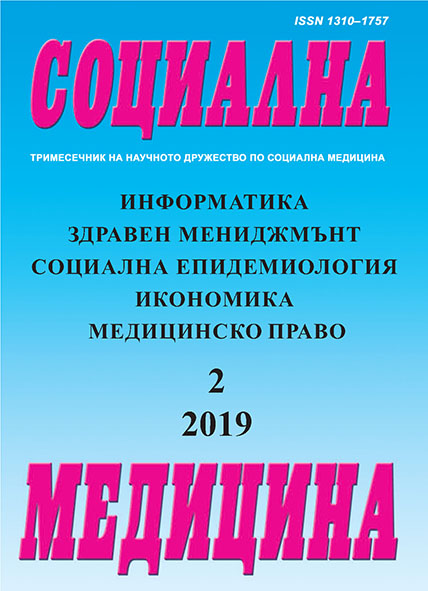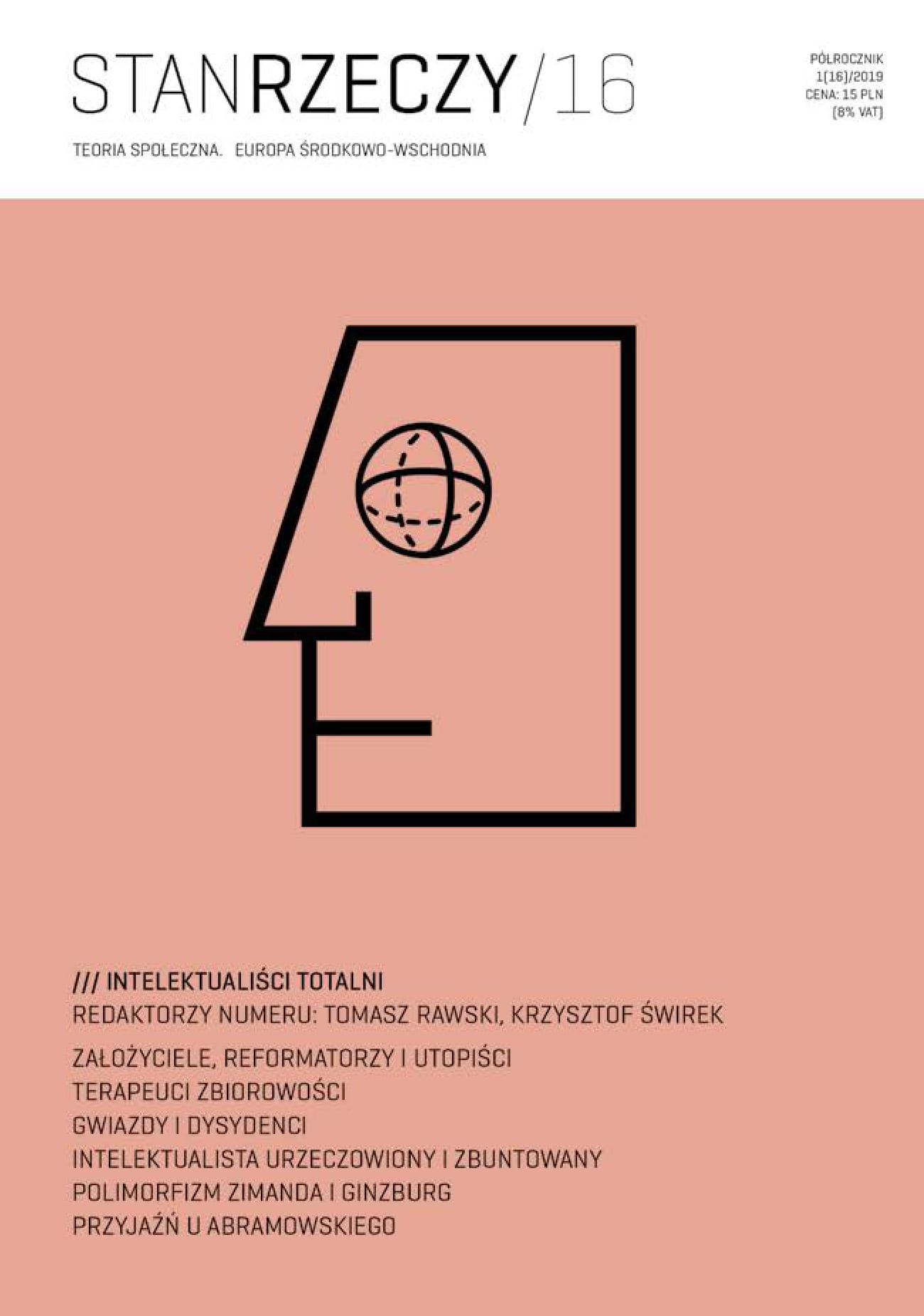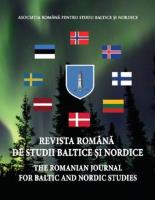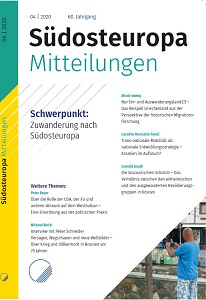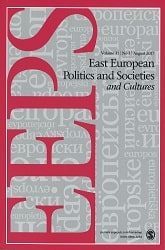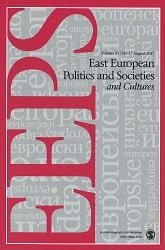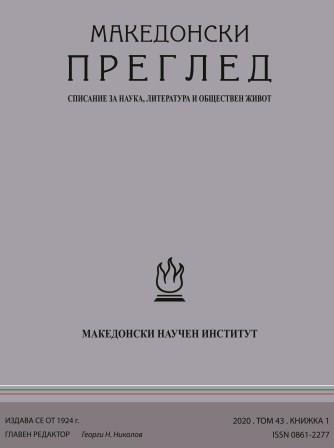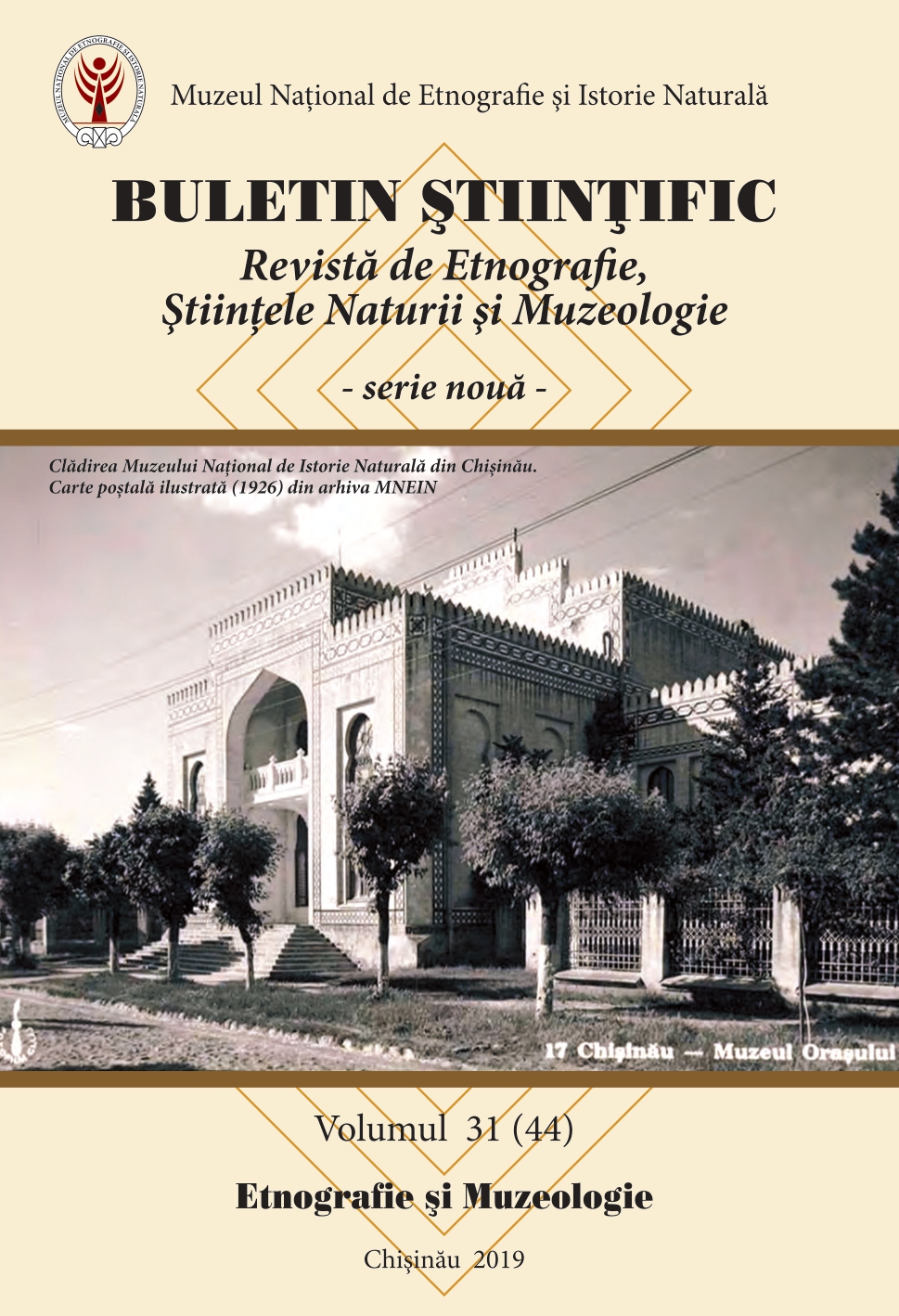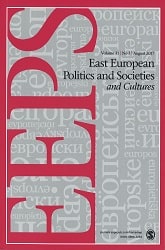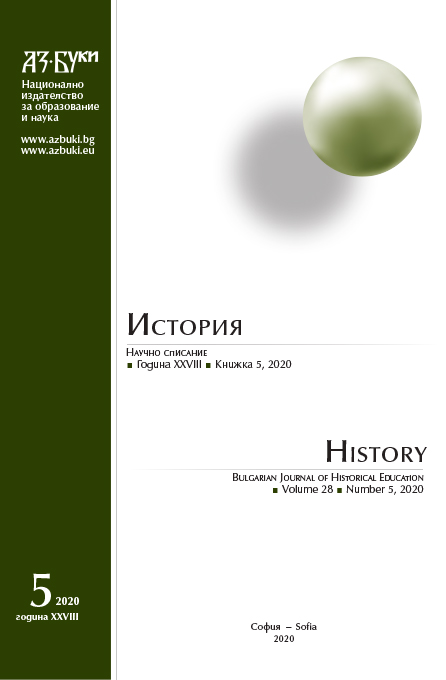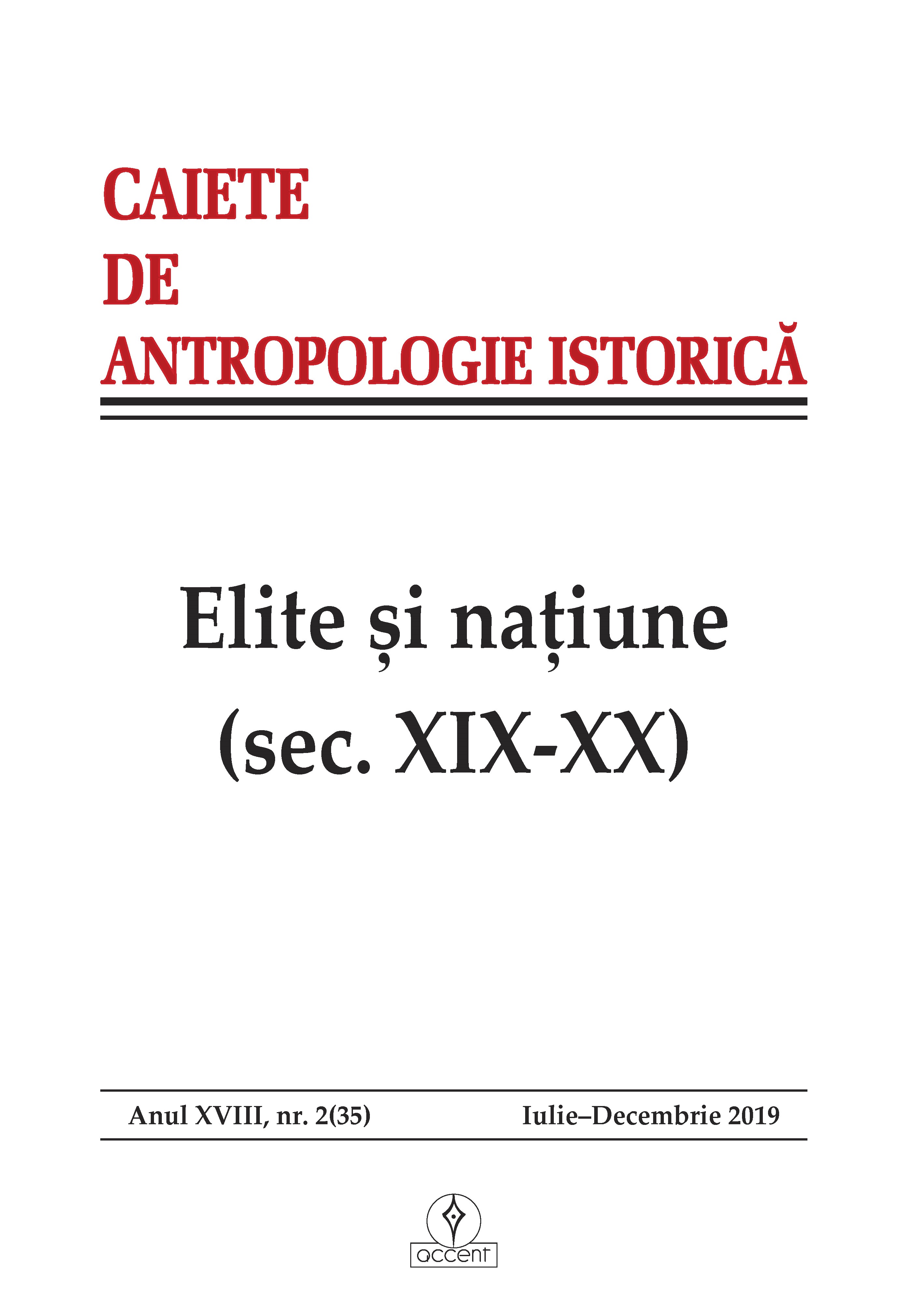
Intelighentia ardeleană și mesianismul ei de dincolo de Carpați în secolul al XIX-lea
Un thème important de l’historiographie roumaine est le rôle culturel et scientifique de l’intelligentsia transylvanienne, à l’est et au sud des Carpates, au cours du XIXe siècle, jusqu’à la Grande Union de 1918. Mémoires, correspondance, articles de presse, biographies sont des sources multiple, qui offre une explication importante des motivations, des sentiments, des attitudes et des actions de l’intelligence transylvanienne, afin d’intensifier le lien culturel et spirituel avec l’intelligentsia moldavienne, banatienne, bessarabe et bucovinienne. Les racines de cette connexion sont profondes, dans l’histoire des siècles précédents. La prise de conscience de la vision de la nation, depuis la période des Lumières, puis romantique, signifiait l’établissement d’identités communes, liées à l’origine ethnique, l’histoire, la langue, la patrie, la foi chrétienne, la culture, la tradition, les coutumes, etc. Les clercs, les érudits et les professeurs d’école étaient les plus réceptifs à l’établissement de liens concrets entre toutes les provinces habitées par les Roumains. Les raisons liées à la présence des Transylvains dans le sud et l’est des Carpates, afin de faire, notamment, un travail culturel et éducatif, ont été diverses : des persécutions des autorités, à l’appel de bonnes personnalités, par les dirigeants, boyards ou dirigeants des institutions public ou privé. Près de chaque grande ville des Principautés, un enseignant de Transylvanie a été établi : Ion Maiorescu à Craiova, Aaron Florian et Axente Sever à Bucarest, Simion Bărnuțiu et Alexandru Papiu Ilarian à Iași, Aron Pumnul à Cernăuți, et d’autres. Certains des Transylvains ou des Banat n’avaient que des initiatives éducatives, culturelles et publicistique d’autres se sont également aventurés dans le tourbillon d’actions politiques, risquant leur liberté et leur vie. Le militantisme national de l’intelligentsia transylvanienne visait à l’émancipation nationale, au-delà des frontières politiques, émancipation qui signifiait la préservation de l’identité nationale, en tant qu’acte de justice sociale et politique, dans des conditions de domination étrangère, incompatibles avec l’âge des nationalismes. Les polémiques, l’hostilités ne manquaient pas, causées par des divergences d’opinion ou la fierté personnelle. Le solidarité entre les représentants de l’intelligentsia était lié de leur compatibilités spirituelles, culturelles et politiques, au-delà des différences de mentalité entre les générations ou de la spécificité mentale régionale. L’esprit de l’intelligentsia transylvanienne, ainsi que celui de toutes les provinces historiques, s’est manifesté, non seulement par le partage des connaissances, par la vigueur et le courage des opinions, la défense des valeurs nationales, mais aussi par l’implication messianique « au sens de la mission, du saint devoir! » dans les affaires publiques. Leur activité publique dépendait, dans une large mesure, des lois, des normes et des décisions politiques des autorités, des autorités locales aux autorités gouvernementales et monarchiques.
More...
